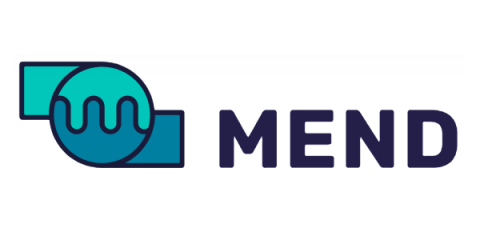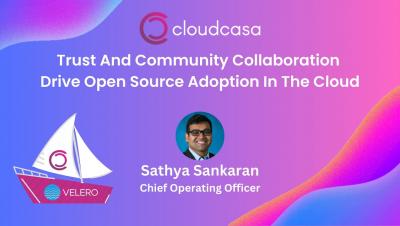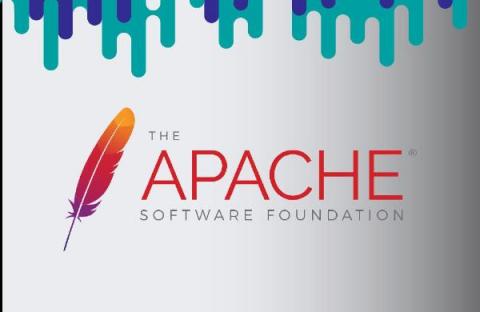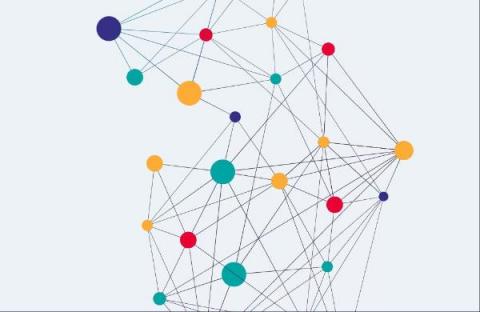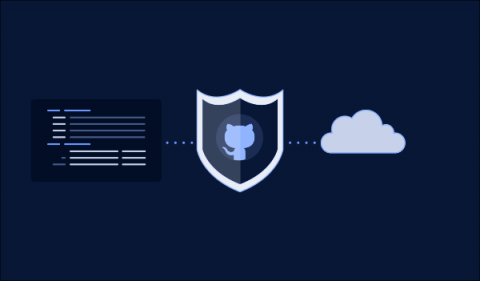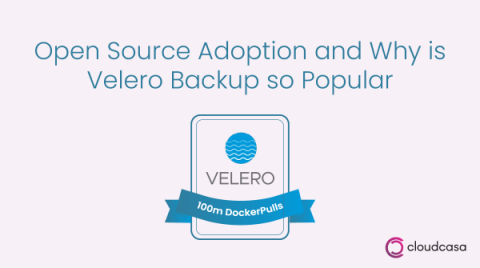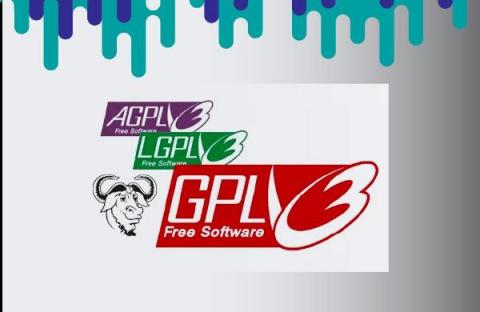Announcing the Open-Source Reliability Leaderboard: A New Resource for Preventive AppSec
We are excited to announce the inaugural edition of the Mend.io Open-Source Reliability Leaderboard! Powered by data from Renovate, the wildly popular open-source dependency management tool, the Leaderboard presents the top packages in terms of reliability across three of the most widely used languages.


